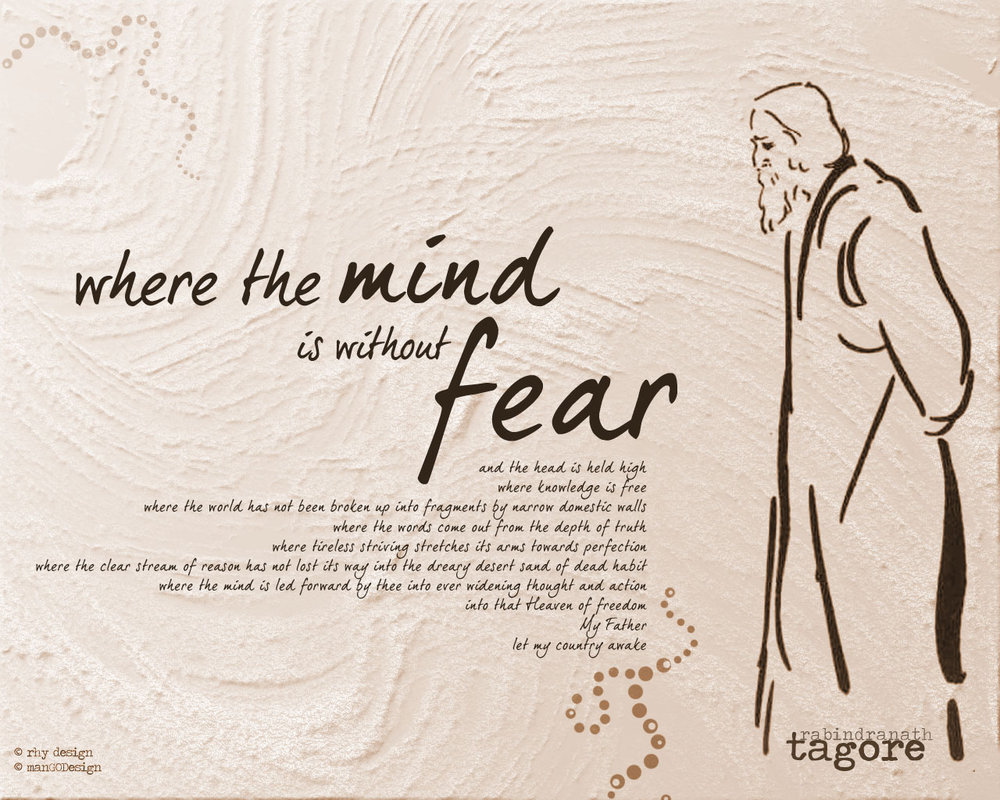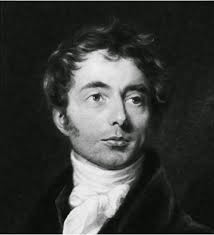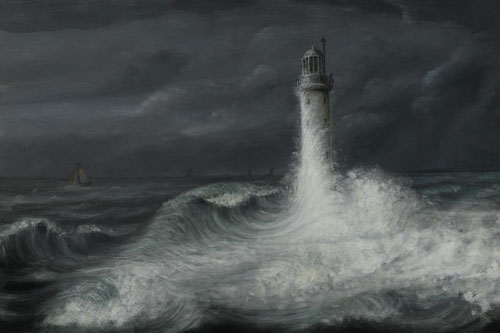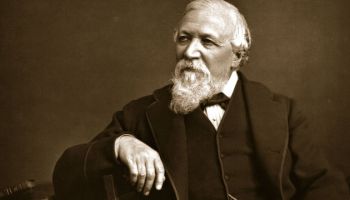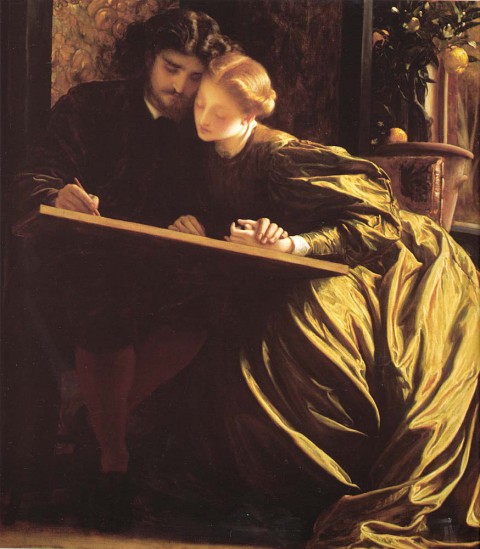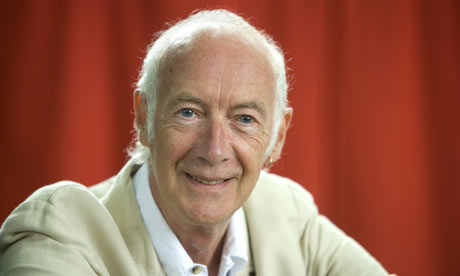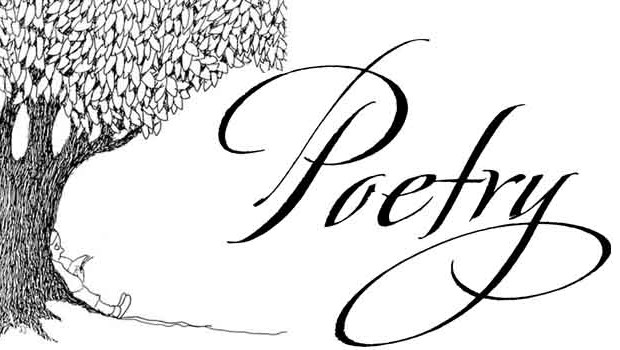“Open thine Eyes and See thy God” appears as Verse 11 in the English translation of the Gitanjali by Rabindranath Tagore.
The original Bengali collection entitled Gitanjali contained 157 poems and was published on 14th August 1910. The English Gitanjali or Song Offerings is a collection of 103 English poems – Tagore’s own English translations of his Bengali poems – first published in November 1912 by the India Society of London. It contained translations of 53 poems from the Bengali Gitanjali, as well as 50 other poems from his drama entitled Achalayatan and eight other books of poetry — mainly Gitimalya (17 poems), Naivedya (15 poems), and Kheya (11 poems).
In 1913, Tagore became the first non-European to win the Nobel Prize for Literature, largely for the English Gitanjali.
About the poet:
Rabindranath Tagore reshaped Bengali literature and music, and Indian art during the 19th and early 20th centuries. Tagore introduced new prose and verse forms and also popularised the use of colloquial language in Bengali literature. Tagore was also instrumental in introducing the best of Indian culture to the West and vice versa.
Tagore started writing poetry at the age of 8. At 16, he released his first substantial poems under the pseudonym Bhānusiṃha (meaning “Sun Lion”). He started writing his first short stories and dramas and signing them with his birth name by 1877. He produced a vast oeuvre comprising paintings, sketches, doodles, hundreds of texts, and some two thousand songs. His legacy also endures in the institution he founded, Visva-Bharati University.
His novels, stories, songs, dance dramas, and essays deal with both political and personal themes. Gitanjali (meaning “Song Offerings”), Gora (meaning “Fair-Faced”), and Ghare-Baire (meaning “The Home and the World”) are his best-known works. His compositions were chosen by two nations as national anthems: India’s Jana Gana Mana and Bangladesh’s Amar Shonar Bangla.
In 1915, the British Crown granted Tagore a knighthood, but he renounced in protest against the 1919 Jallianwala Bagh massacre. Tagore died on 7th August 1941.
Open thine Eyes and See thy God: Setting
This poem is set at the very heart of so-called believers and their faith. Tagore addresses his words to those people who believe they are worshipping God by making offerings at the feet of an idol in a temple. Moreover, the poet is attacking this very system of belief. He is saying that this system has no basis and should not be followed blindly as it has been for centuries. He is saying that the best way to serve God is to do the work that has been assigned to you in a committed manner. When God sees your toil and your sweat, he will stand by you through thick and thin.
Open thine Eyes and See thy God: Summary
The poem consists of 4 stanzas. The 1st, 2nd, and 4th stanzas are made up of 3 lines each. The 3rd stanza is made up of 2 lines. Hence, the entire poem consists of 11 lines in total. This poem is written in the first person. Hence we can assume that the speaker of the poem is the poet himself.
1st stanza:
“Leave this chanting and singing and telling of beads! Whom dost thou worship in this lonely dark corner of a temple with doors all shut? Open thine eyes and see thy God is not before thee!”
In this stanza, the poet makes a request to all his readers. He says that he is familiar with the religious rituals that they indulge in, and he asks them to stop all these rituals. He asks them specifically to discontinue chanting the name of their respective gods. He also asks them to stop singing devotional hymns in God’s honor. Finally, he asks them to stop counting beads, as both Sanatan Hindus and Christians do with their rosaries. Next, the poet goes on to describe what lifeless places the temples are. He says that they only house a stone or metal deity in one ill-lighted corner of the temple and that they keep their doors shut most of the time. God cannot live in such a lifeless house as that. Hence, the worship of the idol in a temple is not tantamount to the worship of God. That is why he discourages his readers from visiting temples and worshipping idols. Instead, he asks them to open their eyes and not keep them closed any longer as they do while praying. The poet knows that if they open their eyes, they will see that God does not exist in front of them at all. His presence is not a physical one that can be seen in a temple.
2nd stanza:
“He is there where the tiller is tilling the hard ground and where the pathmaker is breaking stones. He is with them in the sun and in the shower, and his garment is covered with dust. Put off thy holy mantle and even like him come down on the dusty soil!
In this stanza, the poet enumerates the kind of places that God is likely to be present in. He says that you will know that God is there when you see a farmer tilling his land. When you see a laborer going about his work of building a road for the use of mankind, you will know that God resides there. God is with the poor and the lowly at all times. Whether the sun is shining in the sky or whether it is raining, God is with them. God’s clothing is covered with dust, for he is so very close to the dusty earth. That is why the poet asks his readers to stop performing religious rituals as if it were their duty to do so. Rather it is their duty to care for the disadvantaged members of the human race just as God does.
3rd stanza:
“Deliverance? Where is this deliverance to be found? Our master himself has joyfully taken upon him the bonds of creation; he is bound with us all forever.”
In this stanza, the poet addresses the superstitious beliefs of his readers. He knows that they believe that God will save them from being eternally damned. They believe that God has made a place for them in his own abode, that is, in heaven. However, the poet does not think that salvation is to be found in heaven. If that were so, God would not have left heaven in order to come to earth and make a home for mankind over here. Because he has created all of mankind, he also has an eternal connection with them all. Hence, if we want to find God, we must search for him here, in this life, and not in the afterlife.
4th stanza:
“Come out of thy meditations and leave aside thy flowers and incense! What harm is there if thy clothes become tattered and stained? Meet him and stand by him in toil and in the sweat of thy brow.”
In this stanza, the poet returns to making requests to his readers, as he had done in the first stanza. Here he tells his readers to stop their meditations. He tells them to throw away the flowers and the incense with which they believe that they will be able to please God. The poet anticipates what reaction he will get from his readers after making these requests. They will object that if they are to find God in the heat and dust of the everyday world, then their clothing will become stained and impure. However, the poet assures them that God will not care if their garments are torn or dirty. That is why the pet ends his poem by telling his readers to come face to face with God and join their labor to His. The poet believes that while they work and sweat, God will never leave their side.
Other than Open thine Eyes and See thy God: Summary, you can also refer to Analysis, Central Idea and Theme of Open thine Eyes and See thy God.
Some online learning platforms provide certifications, while others are designed to simply grow your skills in your personal and professional life. Including Masterclass and Coursera, here are our recommendations for the best online learning platforms you can sign up for today.
The 7 Best Online Learning Platforms of 2022
- Best Overall: Coursera
- Best for Niche Topics: Udemy
- Best for Creative Fields: Skillshare
- Best for Celebrity Lessons: MasterClass
- Best for STEM: EdX
- Best for Career Building: Udacity
- Best for Data Learning: Pluralsight
